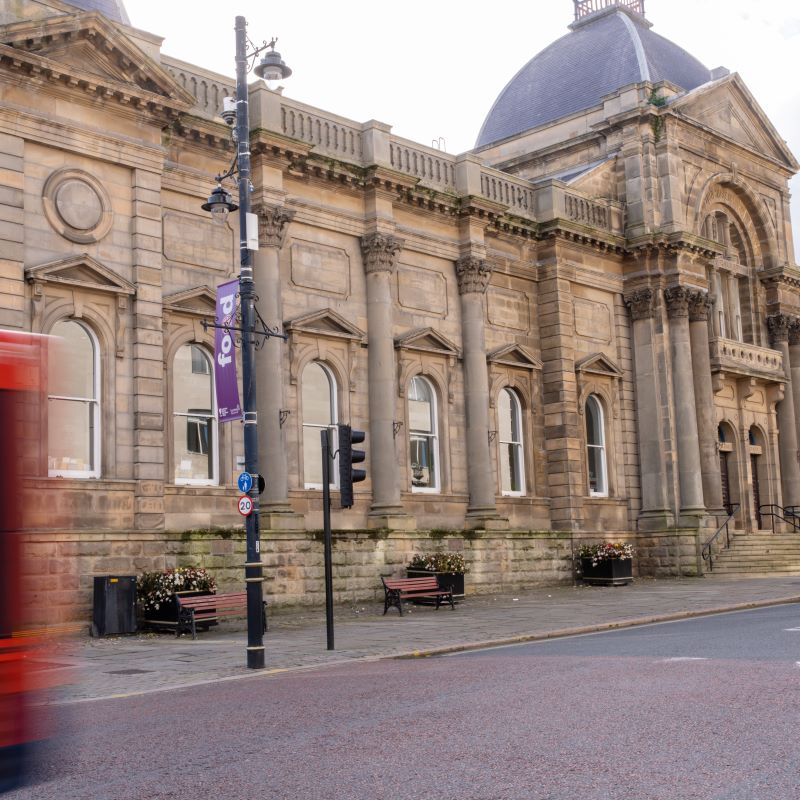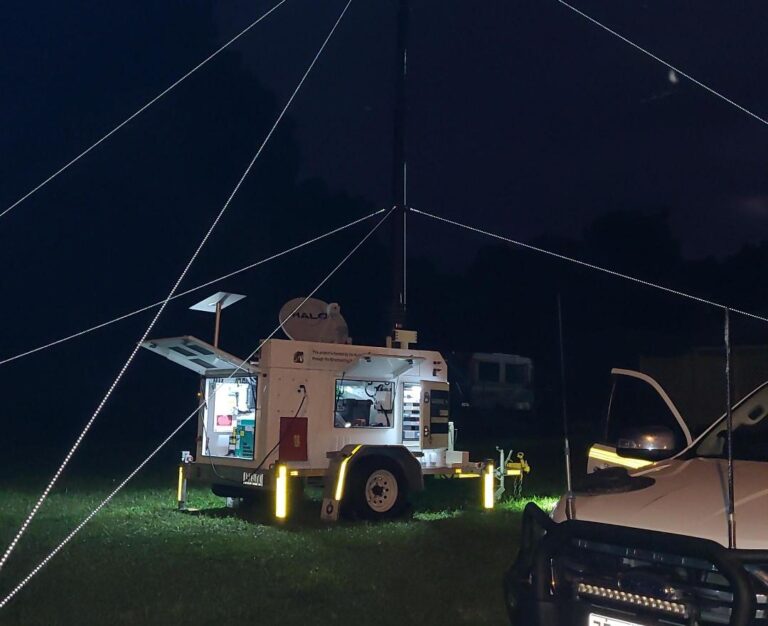From smart education to smart bins, projects led by BAI Communications and Sunderland City Council show how digital technology can enhance everyday life
Sunderland City Council, in partnership with BAI Communications (BAI), is developing pioneering new use cases for smart city technology and digital infrastructure, as it works towards its ambition to become the UK’s most advanced smart city and put the Northeast at the forefront of digital innovation.
The partnership is helping to realise the huge potential of smart city technologies for enhancing public services and boosting the local economy. The first of these being a 5G private network in Sunderland city centre, which will provide the high-speed wireless connectivity needed for new innovations. This will be combined with an ultra-fast public Wi-Fi network to ensure residents and visitors can stay connected as they enter the city. The roll out of transformative digital services across Sunderland will also have benefits for business across a number of key sectors in the local area, including manufacturing, logistics, and social care, boosting economic growth, and creating jobs.
The Council and BAI are working closely with the University of Sunderland, for example, to deploy advanced wireless technologies to support and enhance research, teaching and the student experience. The roll out of an Internet of Things (IoT) network across the University’s campuses will improve operational efficiency for services such as estate management and footfall analytics. Super-fast public Wi-Fi will be made available for students, staff and guests via EduROAM and a 5G test lab will be established, creating a hub for research into the potential uses of 5G and IoT technologies in manufacturing, healthcare and other sectors.
Opportunities for smart technologies to benefit education are not limited to the university, as better connectivity in primary and secondary schools will support online and remote learning and ensure students develop vital digital skills. Deploying this across Sunderland will follow on from a successful test case at Hudson Road Primary School, which now has super-fast 5G Wi-Fi connectivity, breaking down barriers to learning by allowing teachers to stream educational videos for pupils and participate in online training sessions.
An additional innovation being piloted in Sunderland is solar-powered, smart compactor bins, which have been installed across the city this summer. The bins include a solar-powered ram which compacts the waste inside, increasing their capacity so that they can store up five times more waste than standard. The smart compactor bins are contained within ordinary wheelie bins, making them compatible with the council’s existing equipment, and sensors on the bins communicate how much waste is inside so that they can be emptied in a timely and more efficient manner.
Looking forward, BAI and Sunderland City Council will be exploring smart technologies to enhance health and social care services. This will include scaling assistive technology and installing sensors to support vulnerable people to live independently in their own homes. There are also opportunities to improve supply chain agility in local manufacturing, potentially through developing self-driving vehicles, including autonomous heavy goods vehicles, which could transfer parts amongst the North East’s car manufacturing supply chain cluster. It is hoped that the innovations set in Sunderland will not only show that these digital technologies can be highly effective but highlight that they can have huge beneficial impacts on local communities and economies, improving standards of living and public services and enabling businesses to grow. Having seen Sunderland’s successes, other cities across the UK and the world may follow in adopting the same advanced smart city vision.
To learn more about our project with Sunderland City Council, watch our video.






